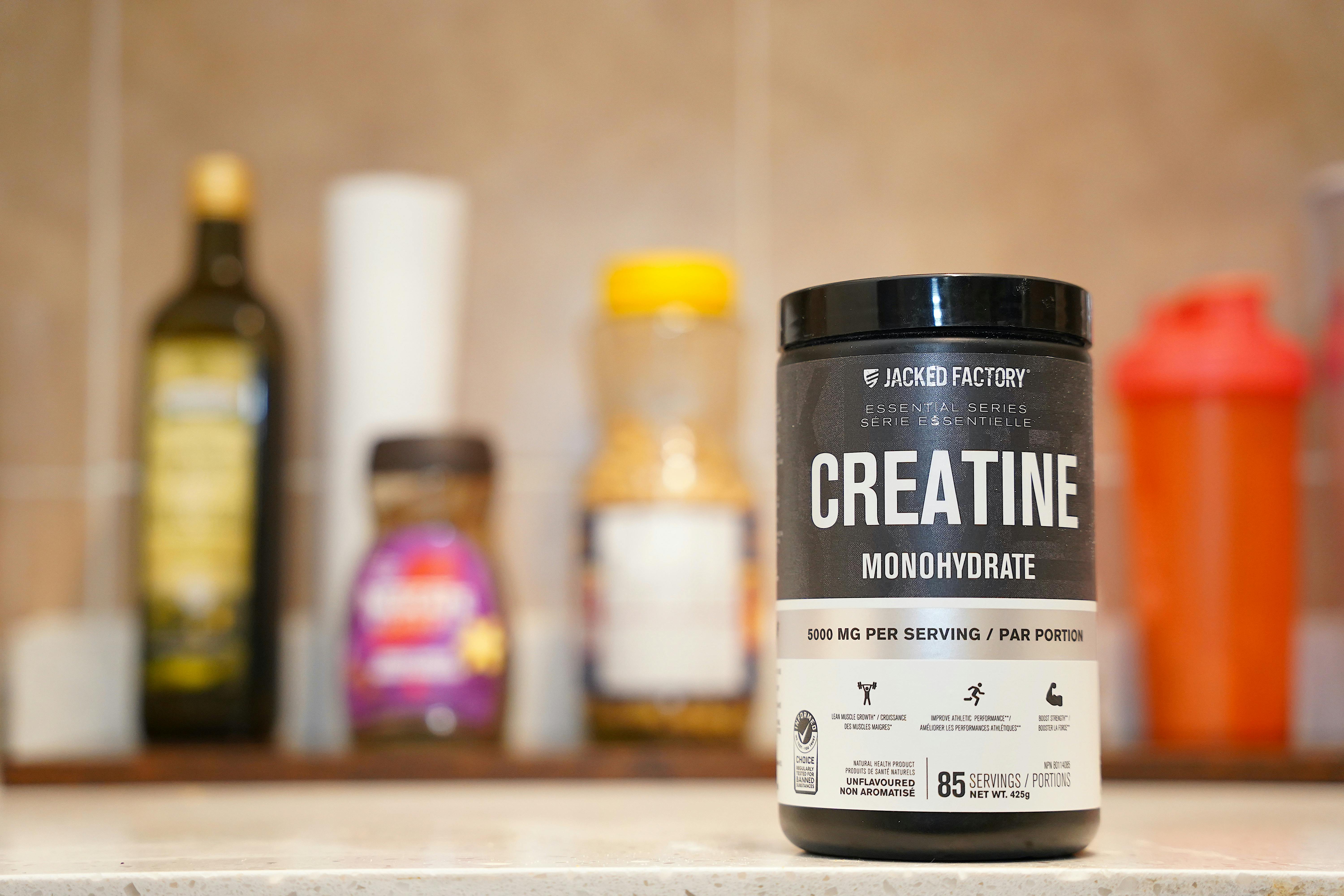
Navigating the vast world of muscle supplements can feel like a labyrinth, especially when you’re dedicated to optimizing your gains and ensuring your health. The promise of quick results often draws us to products lining grocery store shelves, but a closer look at what’s inside reveals that not all supplements are created equal. In fact, many popular options might be doing more harm than good, packing in unwanted ingredients that could derail your fitness journey and even pose serious health risks. It’s time to get savvy about what you put into your body.
Your quest for a stronger, healthier physique deserves an informed approach. While protein powders are a popular and often effective way to boost protein intake, supporting workouts, weight management, and overall health, it’s crucial to look beyond just the grams per scoop. We’re here to empower you with the knowledge to make smarter choices, helping you distinguish between truly beneficial aids and those that are best left on the shelf. Because when it comes to your gains and your safety, you deserve nothing less than the best information.
We’ve identified eight protein powders commonly found on grocery store shelves that deviate significantly from the qualities health-conscious consumers should seek in a supplement. These products often come loaded with extra sugar, artificial ingredients, and fillers that can undermine your efforts and introduce unnecessary risks. Let’s dive into the specifics of these supplements so you can make confident, informed decisions that truly support your health and muscle-building aspirations.
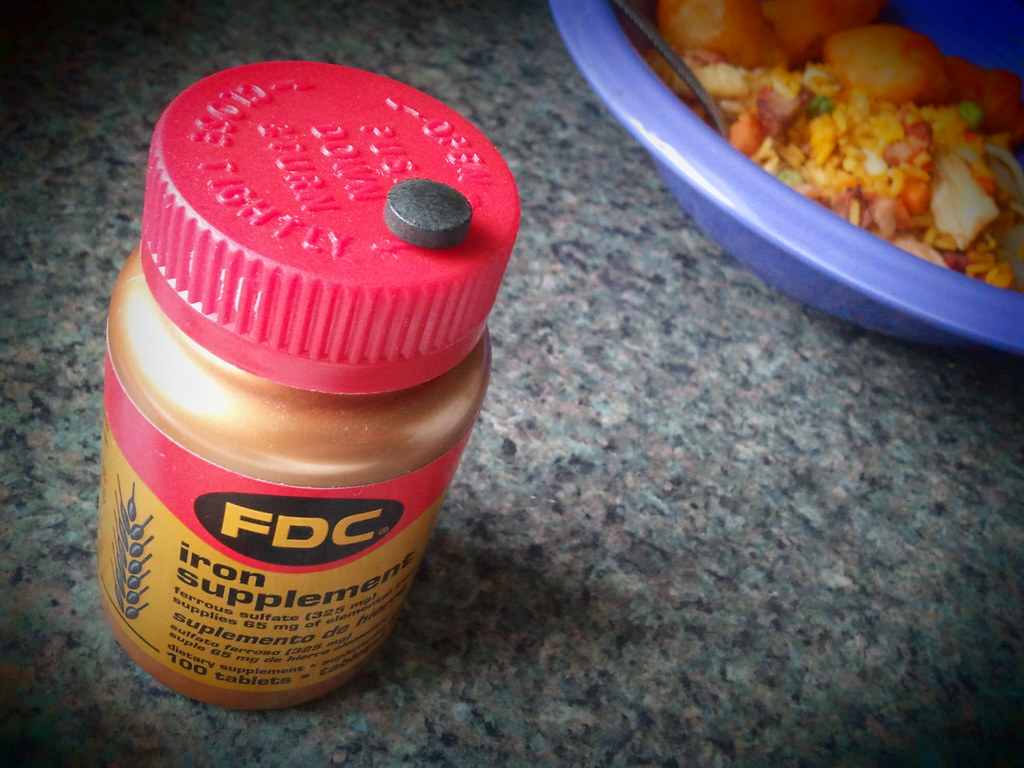
1. **Body Fortress Super Advanced Whey Protein Powder Cookies & Cream**At first glance, Body Fortress’s Super Advanced Whey Protein Powder might seem like an ideal choice for serious muscle builders, offering a hefty 30 grams of protein per scoop. This impressive protein punch, however, comes with a concerning array of preservatives, fillers, and artificial ingredients. These are the very components commonly found in ultraprocessed foods, which have been linked to a variety of health issues including obesity, heart disease, and gastrointestinal disorders.
Beyond the artificial additives, this protein powder is also quite calorie- and carb-heavy. For those carefully managing their intake, this could inadvertently lead to unwanted weight gain if you don’t adjust your workout or eating plan to compensate for the additional energy. It’s a subtle trap that can counteract your efforts to build lean muscle while staying in control of your body composition. Always check the full nutritional panel, not just the headline protein content.
Furthermore, the Body Fortress protein powder stands out on our list for having the highest amount of saturated fat, providing 13% of the daily recommended needs in a single serving. High saturated fat intake is a well-known factor that can elevate blood cholesterol levels, subsequently increasing your risk of heart disease and stroke. When you’re striving for peak physical condition, minimizing such risks is paramount, making this a supplement to approach with significant caution.
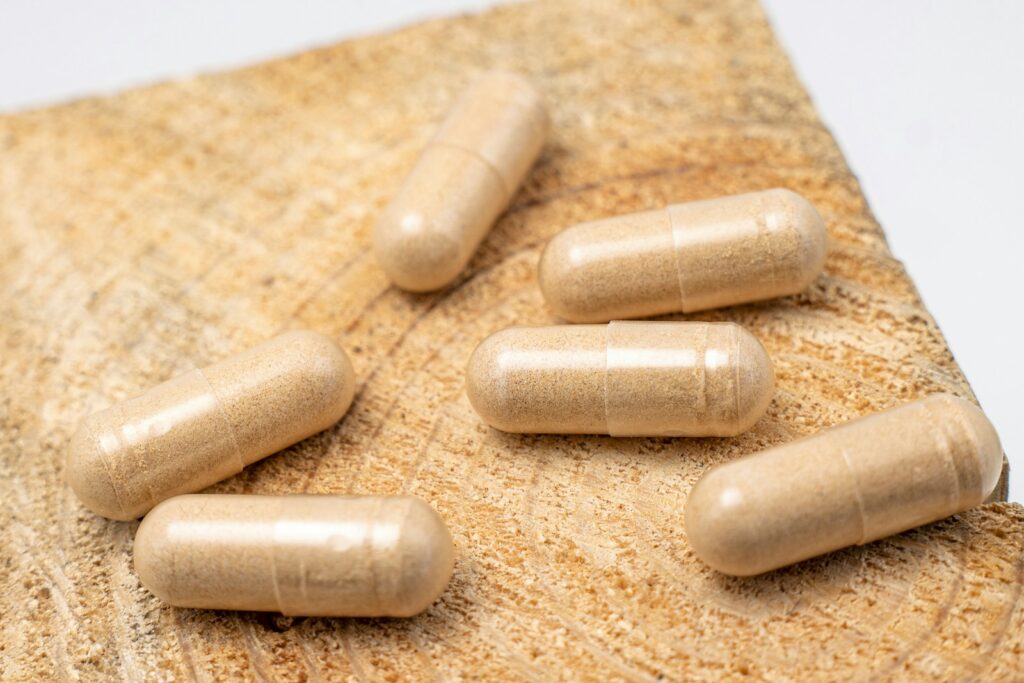
2. **Optimum Nutrition Gold Standard Plant Protein Rich Chocolate Fudge**In recent years, the spotlight has been on plant-based diets, with studies showing that consuming more plant proteins can be beneficial for heart health, gut health, and weight management. This often leads many to believe that plant-based protein powders are inherently healthier choices. However, the Optimum Nutrition Gold Standard Plant Protein serves as a crucial reminder that even plant-derived options require careful scrutiny, as high sodium and saturated fat content may negate the potential benefits.
While we appreciate that this supplement utilizes a blend of plant proteins to enhance its amino acid balance, it contains a staggering 540 milligrams of sodium per serving. This single scoop provides over 20% of your daily recommended sodium limit. Excessive sodium intake is a significant concern, contributing to high blood pressure and an increased risk of heart disease and stroke, issues that many Americans already face from their regular diet without even considering supplements.
Adding to the concern, Optimum Nutrition’s plant protein powder uses coconut oil as a fat source, which accounts for approximately 10% of the daily value for saturated fat. Although some early research has suggested that the saturated fat found in coconut oil might not raise cholesterol levels in the same way saturated fat from butter does, health experts still advise limiting its intake. The long-term effects on cardiovascular disease risk are not yet fully understood, reinforcing the importance of a cautious approach when choosing your supplements.
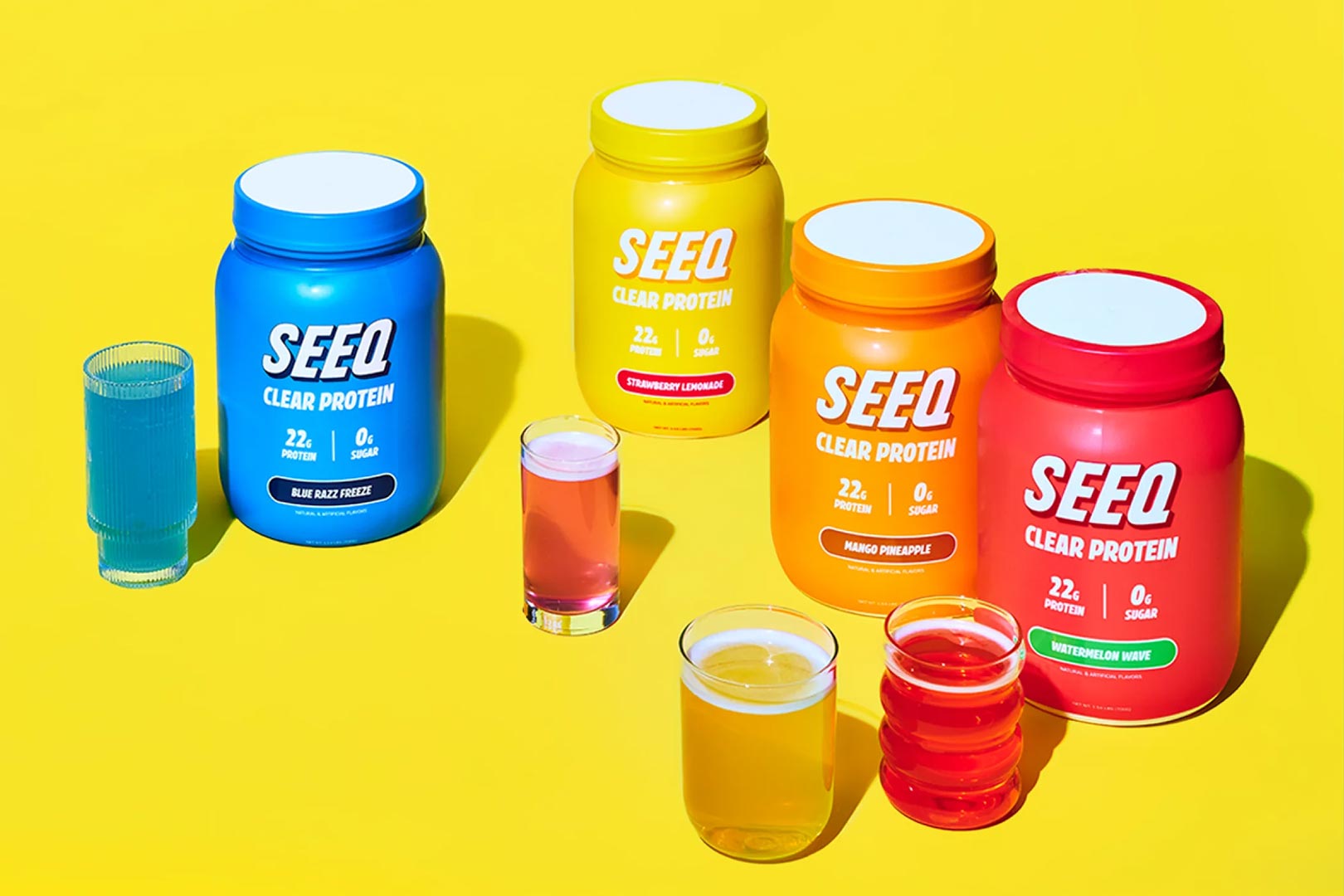
3. **Seeq Fruit Punch Clear Protein**For those who prefer a lighter, juice-like protein drink over traditional creamy shakes, Seeq Clear Protein often catches the eye with its appealing concept. With a range of tasty flavors such as fruit punch, strawberry lemonade, and blue razz freeze, it promises to quench your thirst while also boosting your protein intake. On the surface, its fat-free and low-carb profile also makes it seem like a particularly attractive option for lean muscle development.
However, a closer look at Seeq’s ingredient list reveals the inclusion of silicone and polysorbate 80. These are synthetic food additives, generally recognized as safe by regulatory bodies. Despite this general recognition, the long-term effects of excessive intake of these specific food additives remain unknown, raising a red flag for health-conscious individuals who prioritize natural, unprocessed ingredients in their diet and supplements.
It’s important to understand the regulatory landscape here. While agencies like the FDA require food makers to adhere to a controlled production process when utilizing additives like silicone in food products, the same level of oversight does not extend to dietary supplements. The responsibility for ensuring safety is largely left to the manufacturer. Opting for supplements with more natural ingredients can significantly reduce your exposure to potentially risky additives and give you greater peace of mind about what you’re consuming.
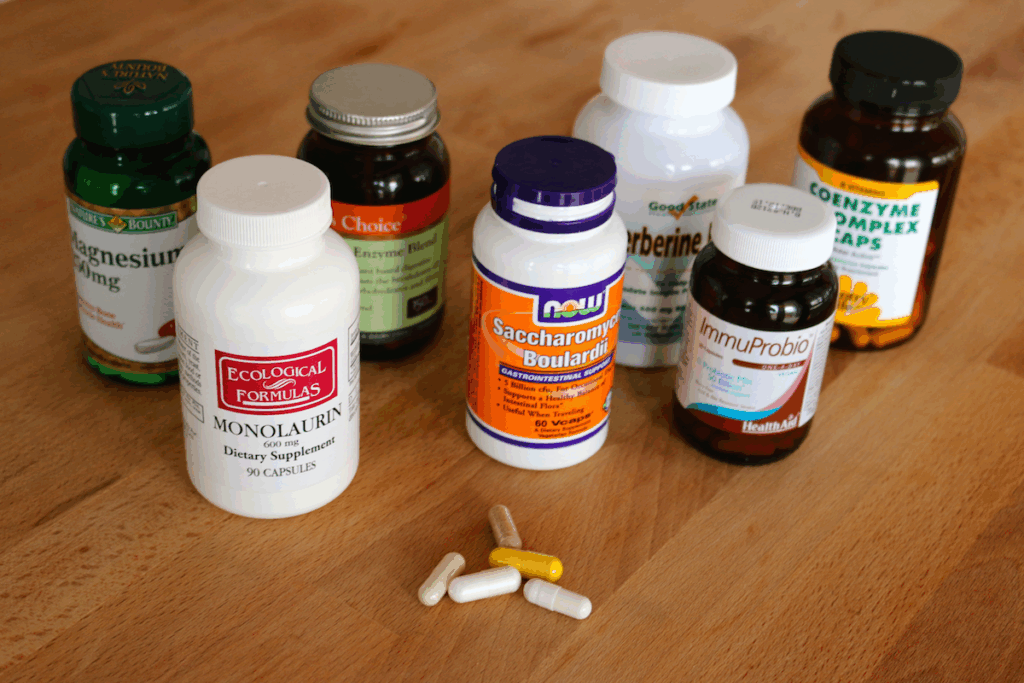
4. **Quest Vanilla Milkshake Whey Protein Powder**Quest Nutrition products have become a familiar sight in grocery stores, establishing themselves as a staple for many looking for convenient protein options. Their Vanilla Milkshake Whey Protein Powder, however, contains a couple of ingredients that you might prefer to avoid in your supplement regimen. One such additive is carrageenan, which is included to help the powder mix more smoothly with liquids, improving texture and solubility.
While carrageenan is recognized as safe by the FDA, animal studies have indicated a potential negative impact on gut health, with some research suggesting it could increase the risk of inflammatory bowel diseases. For anyone focused on overall wellness and digestive health—which is critical for nutrient absorption and performance—this is a notable concern. Prioritizing gut health is a cornerstone of effective fitness and recovery.
Even more concerning is the presence of erythritol in Quest Nutrition’s protein powder, a sugar alcohol that has recently been associated with an increased risk of heart attack and stroke. A significant 2023 cohort study published in Nature Medicine revealed that individuals with higher blood levels of erythritol were more likely to develop blood clots and faced a greater risk of experiencing a cardiovascular event. While more extensive research is still needed to fully understand these implications, limiting your intake of this sugar alcohol may be a prudent step to benefit your heart health and long-term well-being.
Read more about: Honest Question: What Gives? 12 Once-Popular American Eats Nobody Touches Now
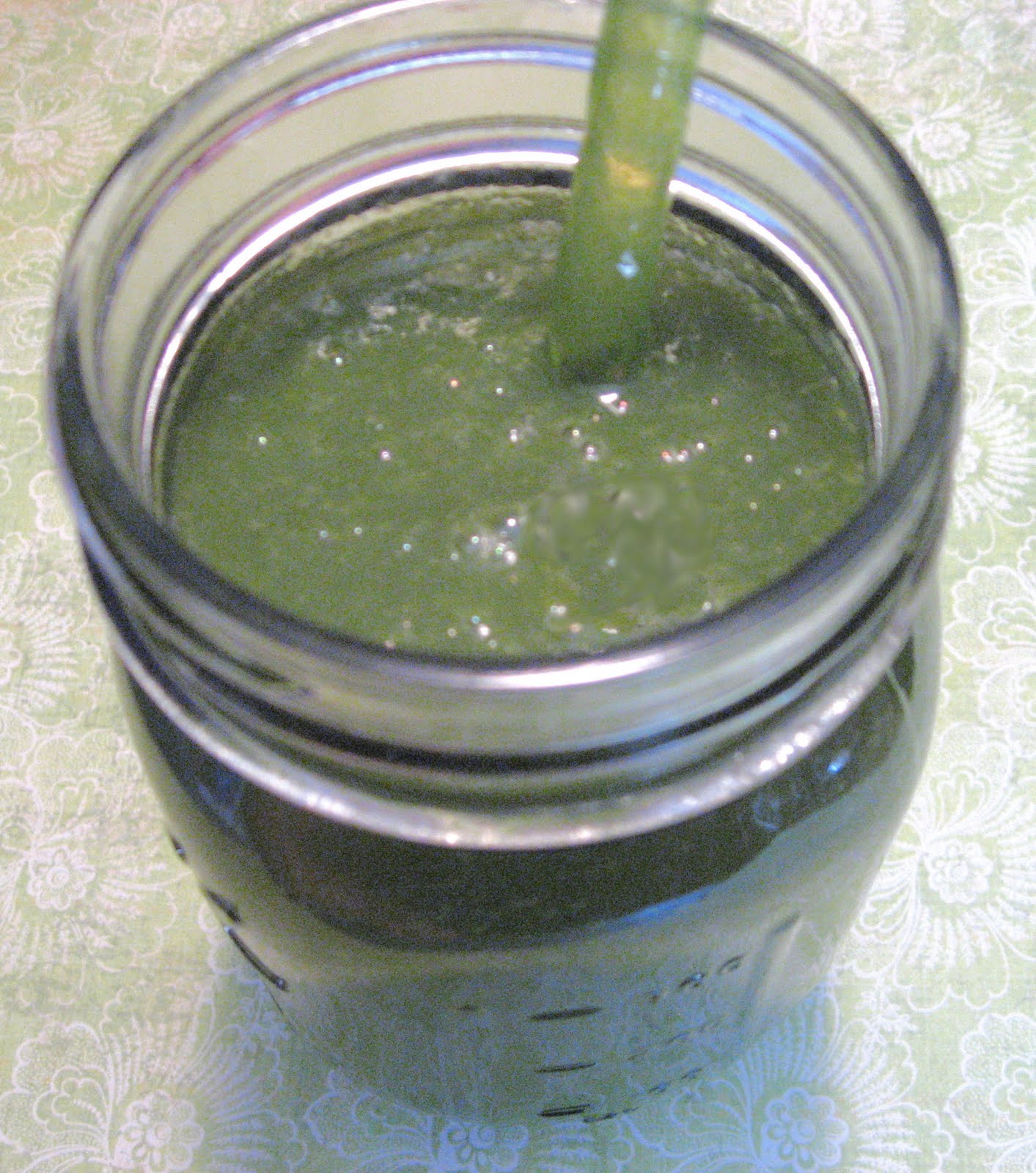
5. **SixStar 100% Whey Protein Strawberry Smoothie**SixStar 100% Whey Protein positions itself as another high-protein supplement specifically formulated for muscle building, delivering an impressive 30 grams of protein in each scoop. While the protein content is appealing, a deeper dive into its ingredient list uncovers a lengthy roster of questionable components. This includes artificial sweeteners such as sucralose and acesulfame potassium (AceK), which warrant a careful consideration for anyone serious about their health.
Artificial sweeteners are typically used to enhance flavor while keeping sugar, carbs, and calories low, making a product seem beneficial for weight management and reducing the risk of weight-related health conditions like Type 2 diabetes and heart disease. However, emerging research increasingly suggests that these calorie-free sweeteners may not actually deliver on these promises. Some studies indicate they might not effectively aid in weight management or genuinely reduce the risk of chronic diseases, challenging their perceived health benefits.
Given the mixed scientific evidence and the potential for unintended long-term effects, it’s worth questioning whether the inclusion of these artificial sweeteners aligns with a truly health-conscious approach to supplementation. For optimal gains and safety, focusing on products with simpler, more natural ingredient profiles may be a more reliable strategy than relying on artificial alternatives that promise much but deliver less on genuine health benefits.
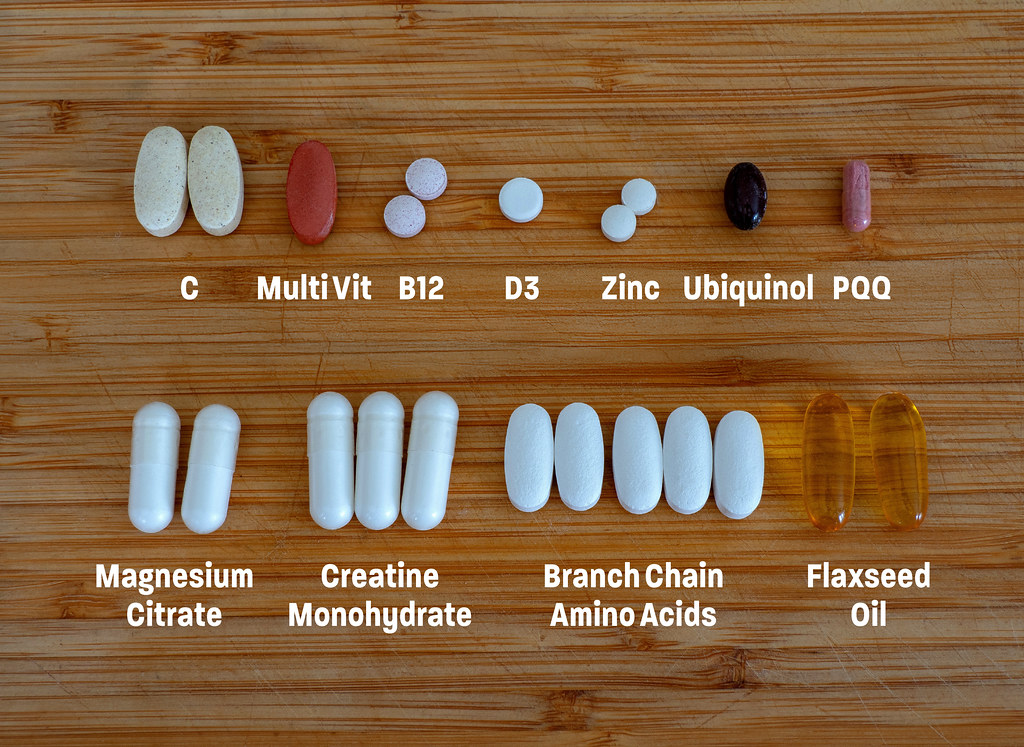
6. **Muscle Milk 100% Whey Protein**Muscle Milk 100% Whey Protein might appear to be a more streamlined choice compared to some other grocery store supplements, boasting a relatively shorter ingredient list. However, it still incorporates artificial sweeteners and flavors, which remain a point of concern for those seeking the cleanest possible fuel for their bodies. While it does contain digestive enzymes like protease and bromelain, which are often added to help reduce common gastrointestinal side effects such as gas and bloating, the presence of artificial additives is still a significant consideration.
It’s important to remember that protein powders can contain various active ingredients, including digestive enzymes, which can influence your body’s functions or even interact with medications you might be taking. This is a critical factor to keep in mind as you shop for supplements; what seems like a beneficial addition could have unforeseen consequences depending on your individual health profile and current medical regimen.
For personalized recommendations and expert guidance, always make it a priority to consult with your doctor or a registered dietitian. They can provide insights tailored to your specific needs, helping you navigate the complexities of supplement choices and ensuring that any product you choose genuinely supports your health and fitness goals without introducing unnecessary risks or interactions with your current health plan.
Read more about: Need Protein? 14 Top-Tier Powder Brands We’re Definitely Researching First for Optimal Health and Fitness
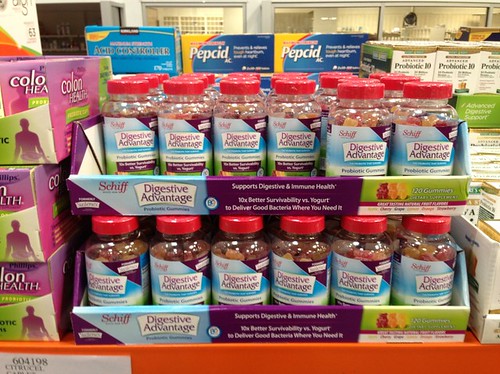
7. **Ghost Whey Nutter Butter**The days when protein powder flavors were limited to a choice between basic chocolate or vanilla are long gone. Ghost Whey exemplifies this shift with its array of fun, nostalgic flavors inspired by popular treats like Nutter Butter, Oreo, and Chips Ahoy!. While these exciting and familiar flavors certainly make your post-workout drink more enjoyable and easier to consistently consume, this delightful taste often comes with a trade-off: added sugar and artificial ingredients.
The Nutter Butter protein powder from Ghost, for instance, explicitly lists three distinct forms of sugar in its ingredients: sugar, corn syrup solids, and high fructose corn syrup. These collectively contribute 2 grams of added sugar per serving, which equates to 4% of the daily recommended value. For individuals meticulously tracking their sugar intake to avoid unwanted calories or sugar crashes, this can be a significant and often overlooked addition to their daily diet.
Beyond the sugars, Ghost Whey also incorporates artificial flavors and sweeteners to achieve its signature taste profiles. As discussed with other supplements, these artificial components may not offer the health benefits they promise and can introduce unknown long-term effects, making them less than ideal for those committed to a clean eating and supplementation strategy. Prioritizing performance and health often means making choices that go beyond mere taste, focusing on nutrient density and ingredient purity for sustainable, real gains.” , “_words_section1”: “1940


